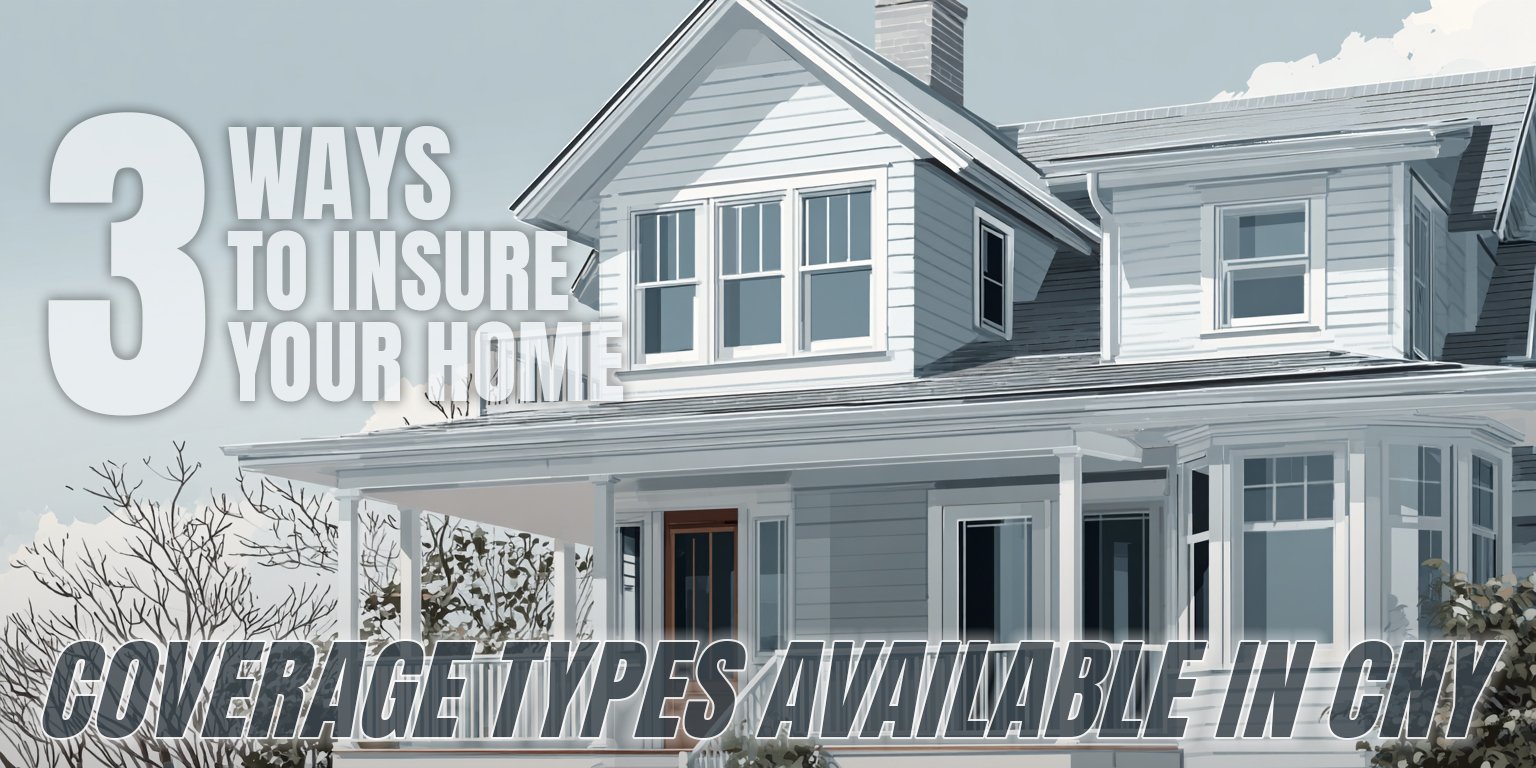My Loan is Paid Off, Do I Need to Notify My Insurer?
August 28th, 2024
3 min read

Paying off a loan feels great. You've finally shed that financial burden and own your property outright. But there's one crucial step many Central New Yorkers overlook: notifying their insurance company.
You might think, “The loan's gone, so what's the big deal?” As it turns out, failing to update your insurer can lead to unexpected hassles down the road.
At the Horan insurance agency, we've seen firsthand how this oversight can complicate things for homeowners across Central New York. As an independent agency working with multiple carriers, we have unique insights into why this simple step matters more than you'd think.
Let's dive into the reasons you shouldn't skip this important task and how it can impact you if disaster strikes.
 Loss Payees: Why Your Lender Has a Stake in Your Insurance Policy
Loss Payees: Why Your Lender Has a Stake in Your Insurance Policy
When you take out a loan to buy a home, car, or business equipment, your lender becomes a “loss payee” on your insurance policy. This means they have a financial interest in your property and get first dibs on any insurance payout.
For example, if you've got a mortgage on your home in Manlius and a fire destroys your house, your insurance company won't just hand you a check. They'll make it out to both you and your mortgage lender.
Outdated Loss Payees: How They Can Delay Your Insurance Payout
You've worked hard to pay off your loan. Maybe you've cleared the mortgage on your Skaneateles lake house or paid off that car you bought for commuting to downtown Syracuse. It's tempting to celebrate and forget about the paperwork. But here's why you shouldn't:
If you don't remove the lender as a loss payee, any insurance payout will still include them. This can seriously slow down the process of getting your money when you need it most.
Partial vs. Total Loss: How Payouts Differ and Why It Matters
It's crucial to understand how payouts work in different situations. Let's break it down:
Partial Loss: Quick Payouts for Repairs
If your property is damaged but repairable, the insurance company typically sends the payout directly to you for repairs. They do this because you'll be responsible for having the repairs done. This process is usually straightforward, regardless of whether there's a loss payee on the policy.
Total Loss: When Outdated Loss Payees Can Cause Major Delays
In cases where the property is completely destroyed or beyond repair, the situation becomes more complex if there's an outdated loss payee on your policy.
For instance, if your fully-paid car is totaled in an accident, you'd expect the insurance company to send you a check for its value. However, if your old lender is still listed as a loss payee, the insurance company might send the entire payout directly to the bank.
Imagine waiting for a $7,800 check that's been sent to a bank you no longer owe money to. This can lead to unnecessary delays, as you'll need to involve the bank to access funds that are rightfully yours alone.
Once you've paid off your loan, the bank no longer has any contractual right to these funds. Keeping your policy updated ensures you have quick, direct access to any insurance payouts you're entitled to.
Multiple Loans, Multiple Problems: A Common Insurance Pitfall
Many Central New York homeowners fall into a particular trap with multiple loans on their property. Here's a typical scenario we see:
- You've got a primary mortgage with a big bank.
- Later, you take out a home equity line with a local lender like Solvay Bank for some renovations.
- You pay off the smaller loan but forget to tell your insurer.
Now your policy lists two lenders as loss payees, even though you only owe money to one. This can create confusion and delays if you ever need to make a claim.
Keeping Your Policy Current: Steps to Take After Paying Off a Loan
Updating your policy when you pay off a loan isn't just about avoiding hassles. It's about keeping your insurance coverage in line with your current situation. This principle applies wherever you are in Central New York.
Consider taking these steps after paying off a loan:
- Contact your insurance agent as soon as you pay off a loan.
- Provide proof that the loan has been satisfied.
- Request removal of the lender as a loss payee.
Stay Proactive: Ensure Quick Access to Your Insurance Payouts
Paying off a loan is a milestone worth celebrating. By taking a few minutes to update your insurance policy, you're setting yourself up for smoother sailing if you ever need to make a claim.
At Horan, we're committed to helping Central New York families navigate these important but often overlooked details. We understand the unique needs of our community, from the historic homes in Syracuse's Sedgwick neighborhood to the rural properties of Onondaga County.
Don't let outdated information on your policy slow you down when you need help most. Keeping your insurance up-to-date is a simple way to protect what matters most and secure quick access to any payouts you're entitled to.
Click the Get a Quote button below to connect with our team. We'll work together to align your coverage perfectly with your current situation, giving you the protection you deserve.
Now find out if you should keep your homeowners insurance policy if your house is paid off.
Daniel is an accomplished content creator. He has been working in publishing for almost two decades. Horan Companies hired Daniel as its content manager in November 2022. The agency entrusted its messaging to him. Since then, Daniel has written insurance articles, service pages, PDF guides, and more. All in an effort to educate CNY readers. He's helping them understand the world of insurance so they can make informed decisions.
Topics:



























